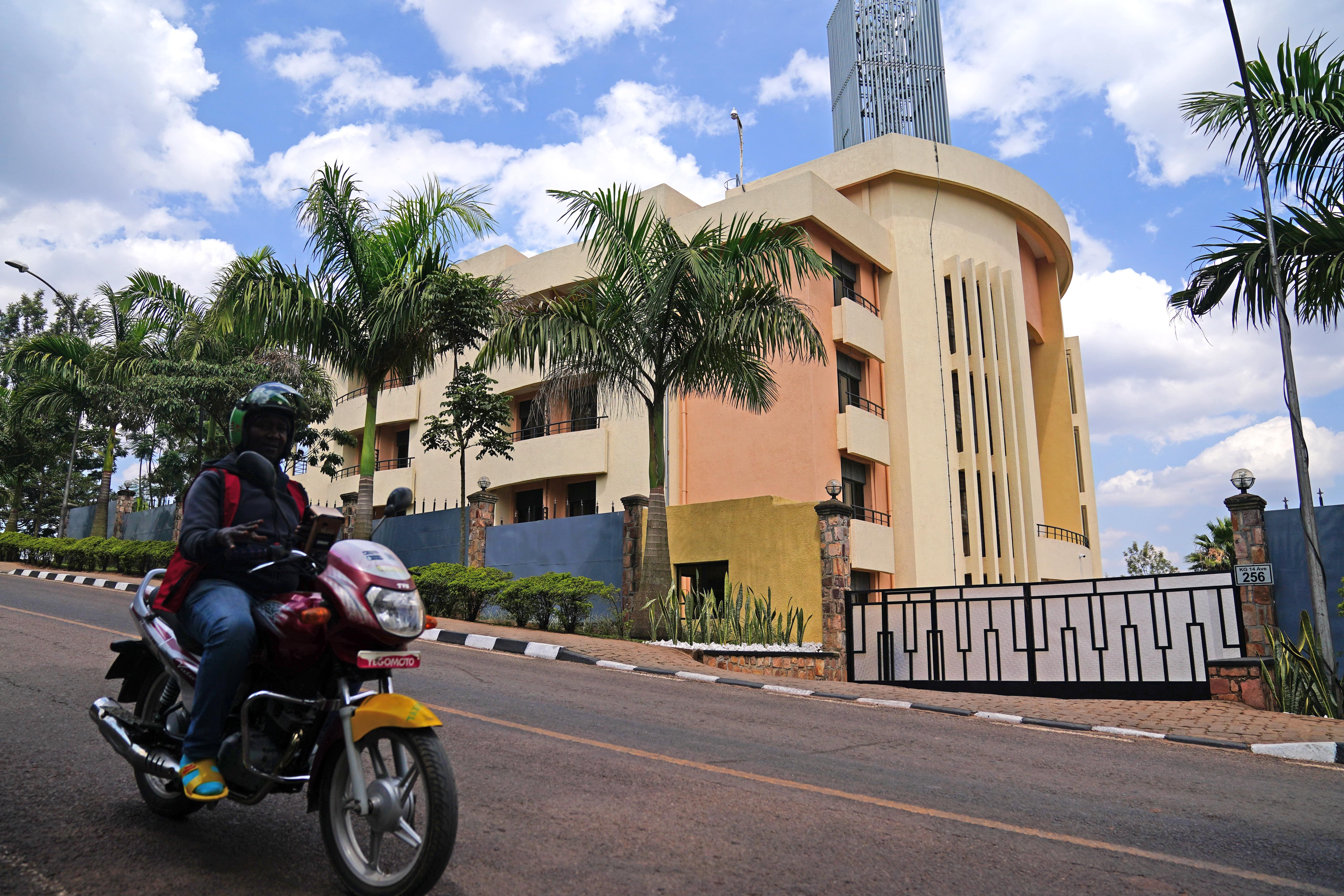What is next for Rishi Sunak’s Rwanda plan?
Here are the challenges that lie ahead for the Prime Minister’s plan to save the Government’s flagship asylum policy.

Your support helps us to tell the story
From reproductive rights to climate change to Big Tech, The Independent is on the ground when the story is developing. Whether it's investigating the financials of Elon Musk's pro-Trump PAC or producing our latest documentary, 'The A Word', which shines a light on the American women fighting for reproductive rights, we know how important it is to parse out the facts from the messaging.
At such a critical moment in US history, we need reporters on the ground. Your donation allows us to keep sending journalists to speak to both sides of the story.
The Independent is trusted by Americans across the entire political spectrum. And unlike many other quality news outlets, we choose not to lock Americans out of our reporting and analysis with paywalls. We believe quality journalism should be available to everyone, paid for by those who can afford it.
Your support makes all the difference.Rishi Sunak has urged peers not to “frustrate the will of the people” as he braces for opposition in the House of Lords over his Safety of Rwanda Bill.
The legislation survived its final Commons stage, the third reading, on Wednesday, but still faces a series of hurdles before it can be implemented.
Here are the key challenges that lie ahead for Bill:
– House of Lords
The Bill is expected to face its biggest test in the upper chamber, where the Government does not have an overall majority and cannot control the timetable for debate.
It is not expected to appear before the Lords for the next few weeks.
Several prominent peers have already expressed concerns about the scope of the legislation, which seeks to enable Parliament to deem Rwanda a safe country and gives ministers the power to disregard some human rights law.
Lord Carlile of Berriew has warned the Government is moving towards “totalitarianism” in its handling of the asylum policy and suggested the upper chamber would seek to undo its “meddling” in the independent courts.
Many peers fear that the integrity of the British legal system is “under attack” from Tory infighting, he told BBC Radio 4’s Today programme, and the Lords can amend the Bill in a bid to address such concerns.
– Ping pongThis sets the stage for a bout of parliamentary ping pong, the process by which legislation is sent back and forth between the two Houses as they respond to one another’s proposals.
MPs will then need to vote on the changes and there is a possibility that some more centrist Tories, who want to ensure international law is upheld, will be tempted to back amendments that seek extra safeguards.
In theory, the Lords could thwart the Bill by insisting on an amendment until a stalemate is reached, forcing the Government to use the Parliament Act to pass it in the next session.
This could threaten to sink the legislation in a year when the election must be called no later than January, though the Act is rarely used.
While this is highly unlikely to happen, the Lords can still inflict lengthy delays to the passage of the Bill by prolonging the ping pong process with further amendments.
– Ratifying the treaty
Along with the Bill, the Government has also updated a treaty with Kigali as part of its attempt to address concerns which led the Supreme Court to rule against its deportation policy.
The treaty is meant to prevent anyone sent to Rwanda from subsequently being transferred to a country where they could be at risk, a principle known as non-refoulement.
Parliament must ratify the treaty as well as the Bill, but this will be a more straightforward process because MPs cannot table amendments to treaties.
In a sign of the opposition the plan is expected to face in the upper chamber, peers have said the agreement should not be formally approved until safeguards against refoulement are complete.
The Lords International Agreements Committee (IAC) warned that “further legal and practical steps are required” which will take time to implement.
– Passage of Rwandan law
One of the IAC’s key points is that the Rwandan parliament has yet to pass a new asylum law in order to enact the commitments it has made to prevent refoulement in the treaty.
Rwandan President Paul Kagame has also indicated he would be happy for the scheme to be scrapped and suggested the £240 million the Government has paid to Kigali could be repaid if the deal fails.
– Further legal challenge
The Bill seeks to exclude most grounds for individuals to appeal against a decision to transfer them to Rwanda in the UK’s domestic courts.
What it does not do is prevent claimants from going to the European Court of Human Rights, which would be bound by neither the Bill nor the treaty.
Mr Sunak has vowed he would be prepared to ignore so-called Rule 39 injunctions, orders from Strasbourg which can block deportation flights to Rwanda, but it is unclear what the consequences of this would be in practice.
The Government has set out draft guidance for civil servants advising that it is their “responsibility” to implement ministerial decisions and disregard such injunctions.